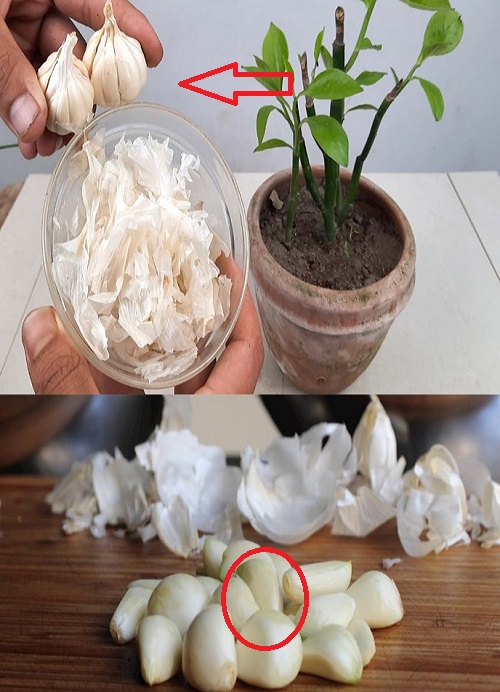3. Potatoes: The Cold Sweetens the Deal, Unfavorably
Refrigeration can cause potatoes to convert their starch into sugar more rapidly, affecting their natural flavor and cooking properties. Ideally, store whole potatoes in a cool, dark place to maintain their quality. If refrigerated, try not to keep them for more than a week to avoid flavor alteration.
4. Avocados: Timing is Everything
The ripeness of an avocado dictates its storage. Unripe avocados should ripen at room temperature, while ripe ones can be refrigerated to extend their freshness. Once cut, avocados should be kept in the fridge with their exposed flesh brushed with lemon juice or olive oil to prevent browning.
5. Tomatoes: Chill Out on Refrigerating
Tomatoes lose their characteristic texture and flavor when refrigerated. They’re best stored at room temperature, away from direct sunlight, to preserve their taste. If you have overly ripe tomatoes that you can’t use immediately, refrigerating them can prolong their life, but allow them to return to room temperature before eating to enhance their flavor.
6. Olive Oil: A Fridge Too Far
Refrigerating olive oil can lead to condensation and affect its flavor and texture, causing it to solidify and turn cloudy. It’s best kept in a cool, dark place like a cupboard to maintain its quality and extend its shelf life.
By understanding these nuances, you can ensure your foods retain their intended flavors, textures, and nutritional benefits. Remember, the refrigerator isn’t always the sanctuary of freshness we might think it is for certain foods. Adjusting your storage methods can lead to better-tasting meals and reduce food waste.

